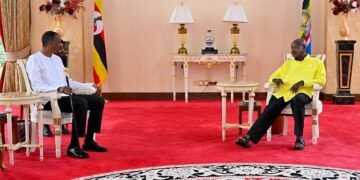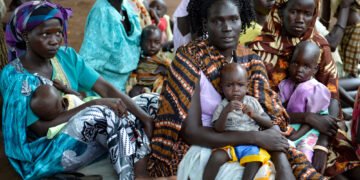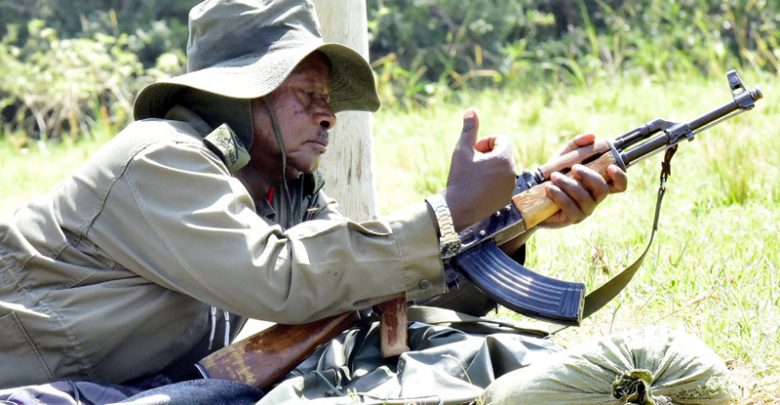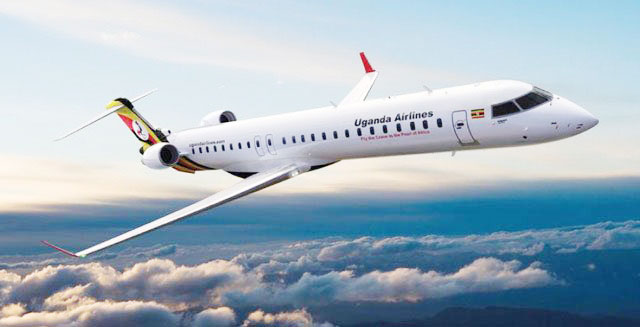Sudan’s ousted long-serving leader Omar al-Bashir has gone on trial in the capital, Khartoum, in connection with the military coup that brought him to power more than three decades ago.
The 76-year-old, who has already been convicted for corruption, could face the death penalty if found guilty over his role in the 1989 coup.
More than 20 former officials are on trial alongside him.
Bashir was forced from power in 2019 following popular protests.
The civilian uprising started in late 2018 as anti-austerity demonstrations but quickly morphed into a call to end President Bashir’s rule.
On 11 April 2019, the military announced that he had been ousted and arrested.
A joint transitional government made up of the top army officials and civilians was later formed in August.
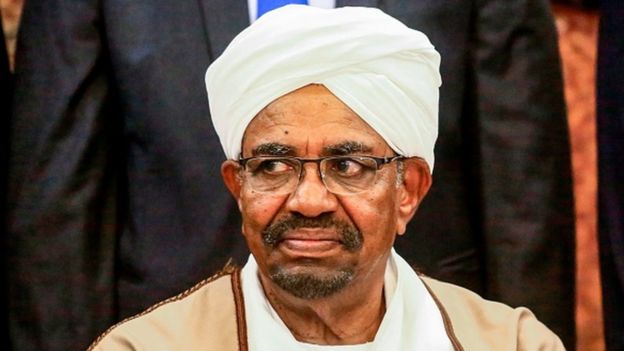
Bashir is also wanted by the International Criminal Court (ICC) for alleged war crimes and genocide in the western Darfur region.
The authorities in Sudan said in February they were are ready to hand the former leader over to the ICC.
What happened in court?
The defendants including former vice presidents Ali Osman Taha and Bakri Hassan Saleh were in a caged off area in the courtroom, the AFP news agency reports.
“This court will listen to each of them and we will give each of the 28 accused the opportunity to defend themselves,” it quotes court president Issam al-Din Mohammad Ibrahim, as saying.
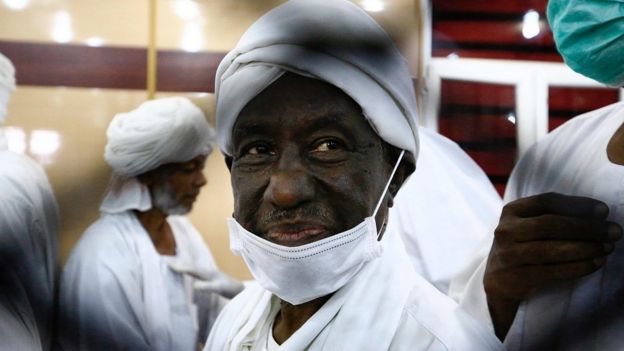
It adds that one of Bashir’s 150 defence lawyers, Hashem al-Gali, said in court that their client and other defendants were facing “a political trial” being held “in a hostile environment”.
The court adjourned the trial until 11 August before any statements or evidence could be given, the Reuters news agency reports.
The decision was reached to allow more lawyers and family members of defendants to attend, it adds.
What happened in 1989?
Bashir seized power in a military coup on 30 June against the democratically elected government of Prime Minister Sadek al-Mahdi.
Along with other officials who served in his government Bashir is accused of having plotted the coup in which the army arrested Sudan’s political leaders, suspended parliament, closed the airport and announced the overthrow on the radio.




